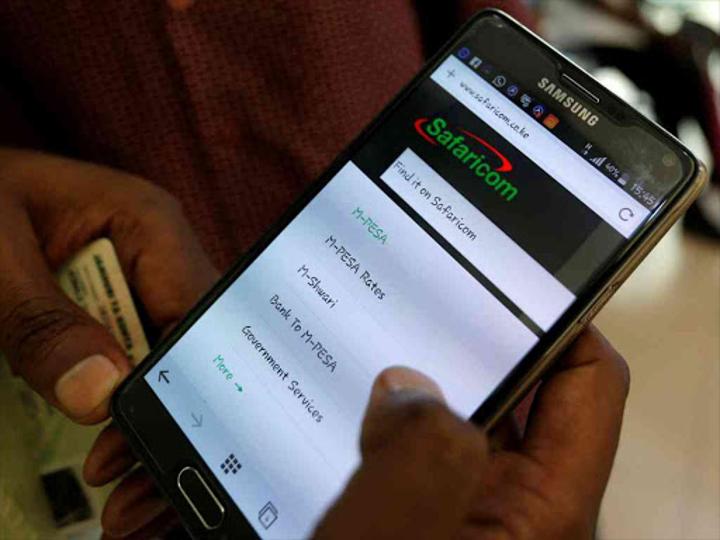Africa-Press – Eritrea. The pan African e-commerce initiative (PeCI) aims to improve the framework conditions for Micro, Small and Medium Enterprises (MSMEs) through increased participation in cross-border e-commerce across Africa.
Tremendous growth experienced in Africa’s digital trade ecosystem enabled by cross-border e-commerce and the uptake of mobile payments platforms across the continent has played a critical role in supporting MSMEs participation in cross-border eCommerce.
Despite the laudable growth, the flow of data has been restricted even when it is essential to maintain and meet privacy standards. Developing best practices for data governance in Africa can be discussed. A country’s policies can make or break it.
The business environment is determined by rules that include payment options, internet prices, and IP protection. Only 20 of its 55 nations have policies and regulations protecting online consumers.
It is imperative, therefore, that the relevant institutions, in consultation with key stakeholders, develop and formulate policies that are adaptable to the ever-evolving e-commerce environment and aligns with international best practices and standards, particularly on a consumer protection front.
In addition, expanding connectivity throughout Africa in accordance with SDG 9c will aid in the attainment of affordable and accessible internet and Information Telecommunication Technologies (ICTs) within Africa.
A quarter of Africa’s population has access to high-speed internet. Smartphones and mobile internet access, along with a growing middle class and young population, are helping drive internet adoption across much of sub-Saharan Africa.
By promoting inclusive access across Africa, we could see domestic e-commerce expand, international access increase, and online payment systems help bridge the gap between retailers and consumers.
The financial and telecommunications industries in Africa are among the most innovative in the world.
Traders who might otherwise thrive in new markets face delays and risk due to the high cost of sending money across borders in sub-Saharan Africa. Central Bank Digital Currencies and the need to reduce the digital divide helped solutions like mobile money and one currency talks emerge.
To ease technical connectivity across the continent, initiatives that integrate all central banks are needed.
An African ecosystem should be considered when designing solutions for the African e-commerce market. The real issues at the grassroot levels will definitely differ from developed economies.
In previous articles, we discussed the importance of customer relationship management systems in keeping a business organized, seamless, and meeting its clients’ needs. Effective economic solutions are driven by consumers.
There remains a huge amount of potential in the e-commerce market in Sub-Saharan Africa.
Fintech is making rapid strides as a sunrise sector in Africa. The Funds invested in the sector represent more than 60% of all venture capital invested in Africa.
Fintech for eCommerce is gaining real-time insights into their sales data. This helps businesses make better data driven decision and increase customer retention through speed and convenience, and create a personalized experience through Big Data and Artificial Intelligence (AI).
Africa needs a hybrid approach to provide innovative solutions for both businesses and consumers.
Karen Kandie
For More News And Analysis About Eritrea Follow Africa-Press







